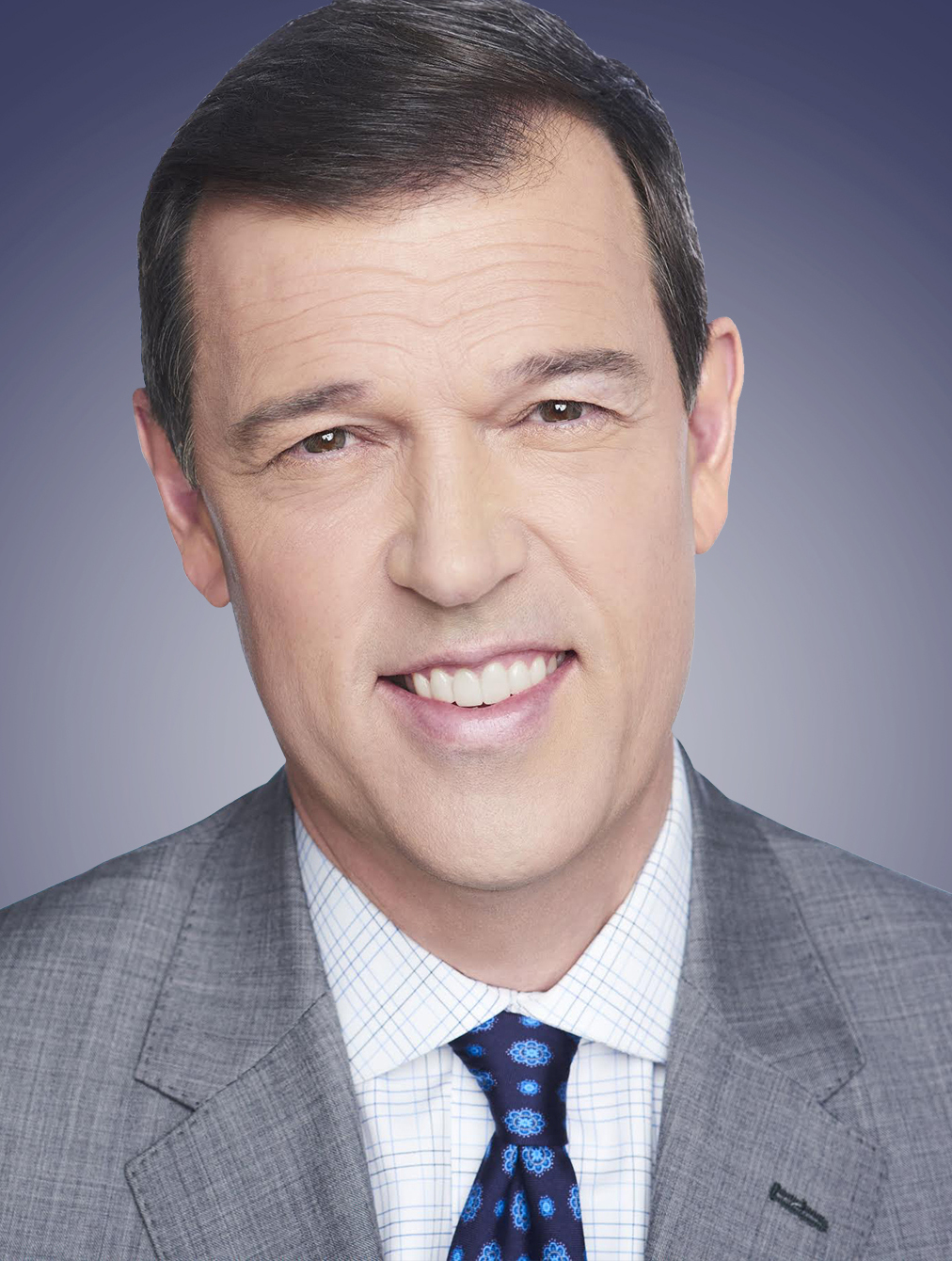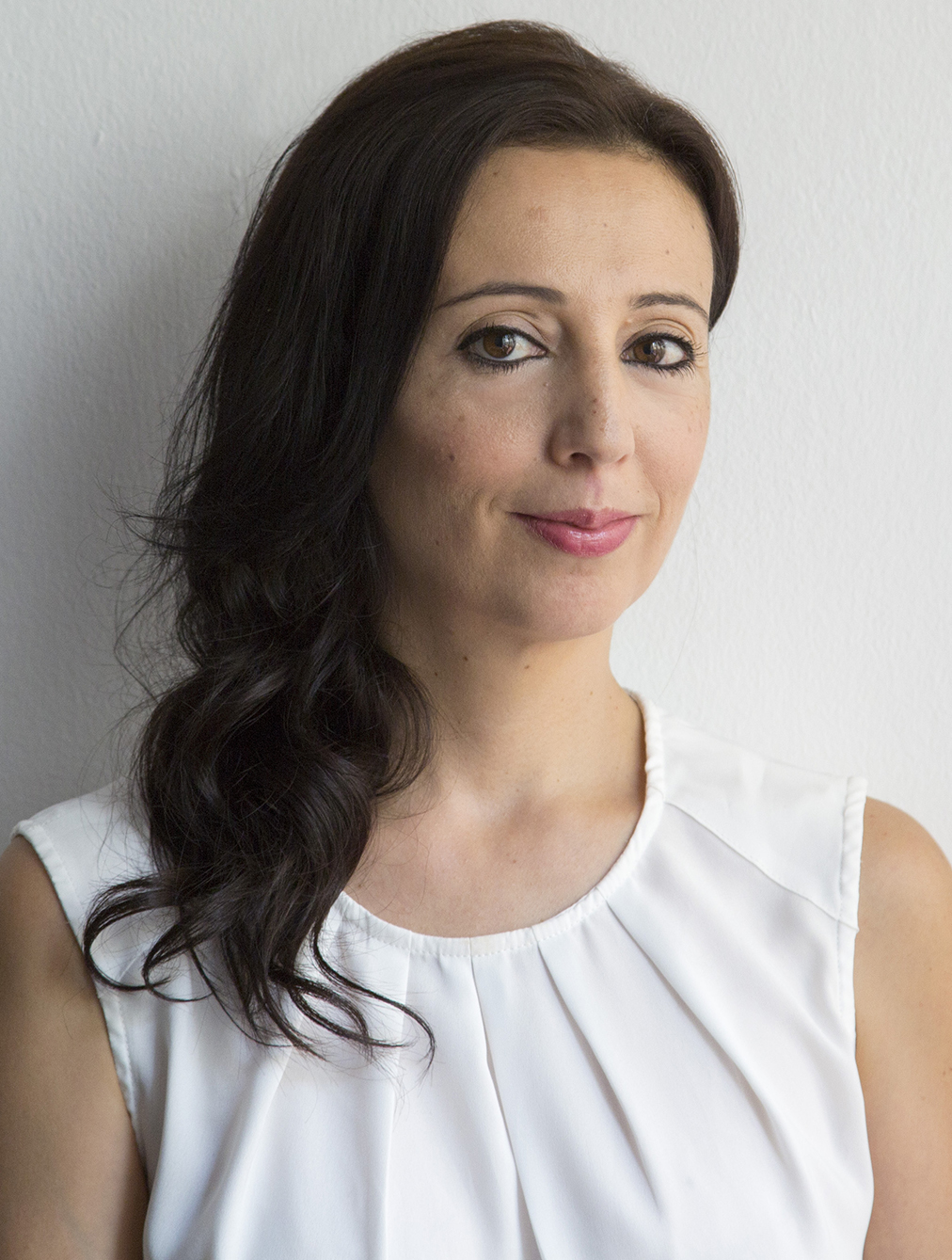
Robert Kagan
Senior Fellow of Foreign Policy | Project on International Order and Strategy, Brookings Institution | Author, "Rebellion" and "The Ghost at the Feast"
Robert Kagan is a senior fellow with the Project on International Order and Strategy in the Foreign Policy program at the Brookings Institution. He is a contributing columnist at The Washington Post and was recently listed as one of the 50 most influential thinkers in America by Politico magazine.
An author of many critically acclaimed books on American foreign policy, Robert's most recent book is Rebellion: How Antiliberalism is Tearing America Apart—Again. It is a searing critique of Donald Trump, his radicalization of the Republican party, and the threats they collectively pose to American democracy. In a starred review by Kirkus, it was deemed "a powerful, much-needed political and social analysis that all lovers of democracy should read."
His book The Ghost at the Feast is the second installment in what will soon become the Dangerous Nation trilogy. 2006’s Dangerous Nation is an exploration of the founding of America and the origins of its global influence. The Ghost at the Feast, called “an insightful study of the birth of the American empire” by Kirkus, continues the conversation with a look into America’s position — or lack thereof — in the wars and foreign conflicts of the early 20th century and the country’s resultant status as a global superpower.
Robert’s book, The Jungle Grows Back: America and Our Imperiled World (Knopf, Sept 2018), is a brilliant and visionary argument for America's role as an enforcer of peace and order throughout the world — and what is likely to happen if we withdraw and focus our attention inward.
His previous books include, the New York Times bestseller, The World America Made (Knopf, 2012), The Return of History and the End of Dreams (Knopf 2008), Dangerous Nation: America’s Place in the World from its Earliest Days to the Dawn of the 20th Century (Knopf, 2006), Of Paradise and Power (Knopf, 2003), and A Twilight Struggle: American Power and Nicaragua, 1977-1990 (Free Press, 1996).
Kagan serves as a member of the secretary of state’s foreign affairs policy board. He served in the State Department from 1984 to 1988 as a member of the policy planning staff, as principal speechwriter for Secretary of State George P. Shultz, and as deputy for policy in the Bureau of Inter-American Affairs. He is a graduate of Yale University and Harvard University’s Kennedy School of Government and holds a doctorate in American history from American University.
Dr. Kagan is listed as one of the world's "Top 100 Public Intellectuals" by Foreign Policy and Prospect magazines. He is one of Foreign Policy's 2012 Top 100 Global Thinkers. Kagan was #4 of the 50 Most Powerful Republicans on foreign policy by Foreign Policy magazine. He writes a monthly column in The Washington Post and is a contributing editor to The Weekly Standard.
Credentials
- Senior Fellow of Foreign Policy, Project on International Order and Strategy, Brookings Institution
- Chairman, World Economic Forum Global Agenda Council on the United States
- Founded, The Working Group on Egypt
- Foreign Policy’s Top 100 Global Thinkers 2012 and 2009
- Top 100 Public Intellectuals, Foreign Policy and Prospect magazines
- Former senior associate, Carnegie Endowment for International Peace; director of the Endowment’s U.S. Leadership Project
- Member, Council on Foreign Relations
- Monthly columnist, Washington Post
- Contributing editor, The Weekly Standard and The New Republic
- Policy positions in the U.S. Department of State
- Recipient, Lepgold Prize in International Relations, Georgetown University
- Member, the Aspen Strategy Group
- Member, the Trilateral Commission
- Board of directors, U.S. Committee on NATO
- Ph.D., American University
- M.P.P., John F. Kennedy School of Government, Harvard University
- B.A., Yale University
Areas of Expertise:
Kagan is an expert on democracy, human rights, U.S. national security and foreign policy, U.S. relations with Russia, China and Europe, the European Union, NATO expansion, the Balkans, Eastern Europe, and Iraq, and the use of force.
Topics
Videos
Books
Articles
Podcasts
This speaker does not have any podcasts yet.
Testimonials
Related speakers
No related speakers.





























